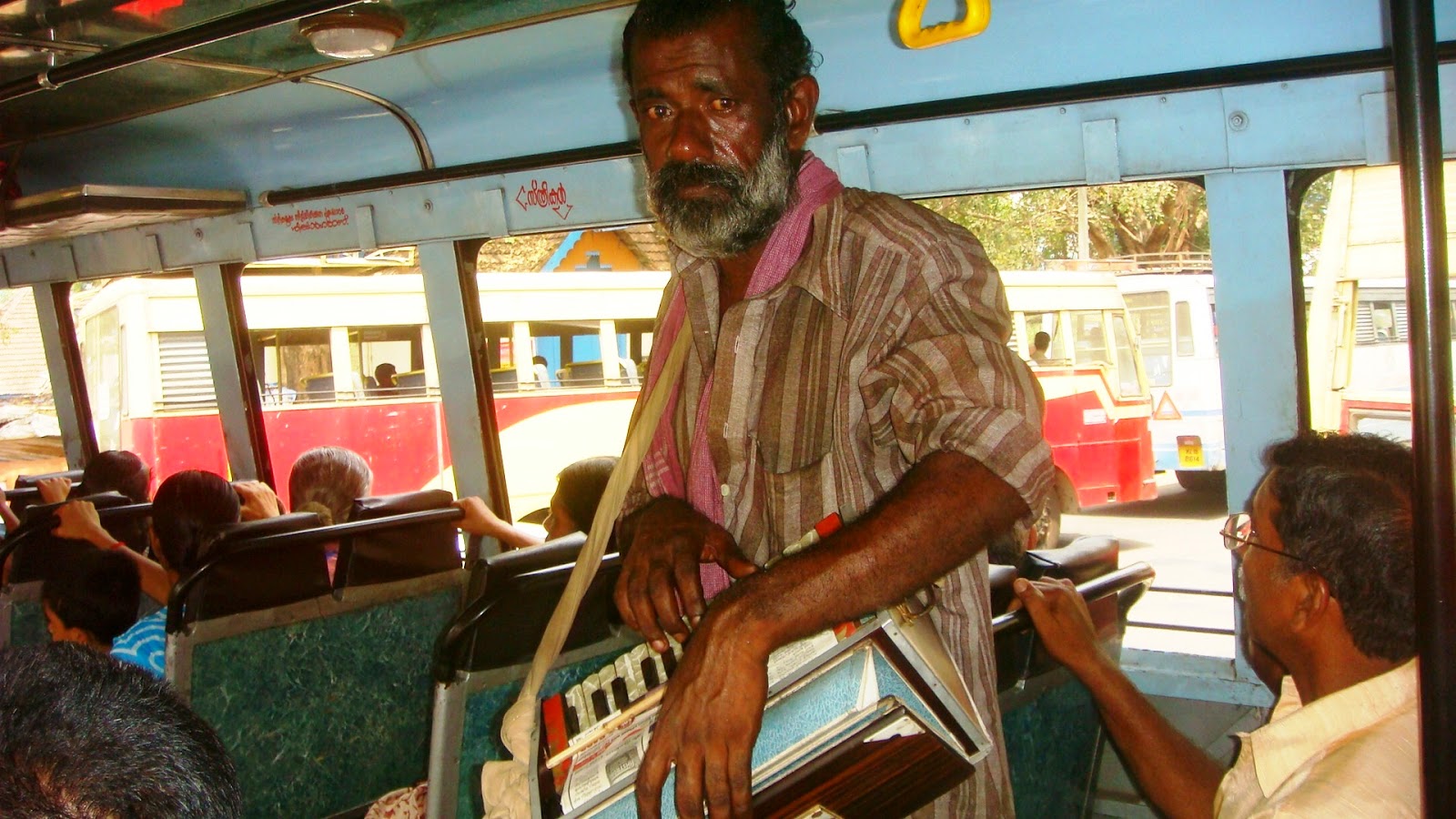 “On
each rice corn, the name of the person entitled to eat the same is engraved”¹
“On
each rice corn, the name of the person entitled to eat the same is engraved”¹
Do
you know what the words, ‘Honda’ and ‘Toyota China

According
to Irfan Habeeb, historian, who wrote “Farmers in Indian History”, India China England

We
know that we had our “Nellaras” or three large rice sources in Palghat,
Kuttanad and Nachinad.
In
Kuttanad, It was late Joseph Muricken of Kavalam who acted as ‘Lord Parasurama’
to retrieve the 2150 acres of paddy fields, 3 Metres below sea level, from
Vembanad lake.
According
to V Sankaran Nair, who wrote the book, “Nellum Samskrithiyum” (Rice and
Culture), ‘Nanchinad’ came from the word, ‘Nanchil’, which means ‘Njengol’ or ‘Langalam’
in Sanskrit, or ‘Kalappa’ in Malayalam -used to plough rice fields. He tries to
establish that in human history, rice was first cultivated in Nanchinad. It is
supported by the view of Lou Vevanchun, a Soviet scholar. The birth day of rice
is celebrated in the day Makam in Kanni Rasi in Kollavarsham, the Malayalam
Calendar. According to him, it is also related to our Goddess ‘Kanya Kumari’ at
the southern tip of India
 Recently
we have been forced to quit rice farming. Large tracts of rice fields are left
idle or are being converted for commercial purposes. Illegal or reckless sand
mining has transformed paddy fields into water logged deep pools. In Aranmula
and Idukky, Airports are proposed threatening the extinction of rice
cultivation. Those who raised the slogan “the rice fields we harvest will be
ours one day” have moved onto blue and white collar jobs and today we are
unable to do manual jobs. Labour comes from Bihar, Bengal or even
Recently
we have been forced to quit rice farming. Large tracts of rice fields are left
idle or are being converted for commercial purposes. Illegal or reckless sand
mining has transformed paddy fields into water logged deep pools. In Aranmula
and Idukky, Airports are proposed threatening the extinction of rice
cultivation. Those who raised the slogan “the rice fields we harvest will be
ours one day” have moved onto blue and white collar jobs and today we are
unable to do manual jobs. Labour comes from Bihar, Bengal or even In
 The State of
The State of
Years
|
Area (Lakh ha)
|
Production (Lakh tonnes)
|
Productivity (Kg)
|
1960-61
|
7.90
|
10.68
|
1,371.00
|
2001-02
|
3.22
|
7.03
|
2,182.00
|
2009-10
|
2.34
|
6.25
|
2,671.00
|
The share of rice in the total cropped area also
showed a steep decline ie, from 33.2 percent in 1960-61 to 12.01 percent in
2003-04. Productivity is high because of the increase in cycles and not because
of any increase in yield!
This
is a matter of great concern. What shall happen if there is a famine? We must
do a lot of introspection.
[Adapted
from a Speech in 2012 prepared for Project VII- Competent Communication Manual-
Toastmasters International and published in ‘gather’- November 2012]
References:
1.
A saying –Kahlil Gibran? Quran?
2.
(Source: Maps of India/06.01.2012)
3. (Source: Rice Knowledge
Management Portal RKMP)/ [S. Leena Kumari, Professor & Head, Rice Research Station, Monkompu,
Thekkekkara P.O.Alleppey District. Kerala 688 503]
4. Nellum Samskrithiyum- V
Sankaran Nair- Bhasha Institute, Kerala









